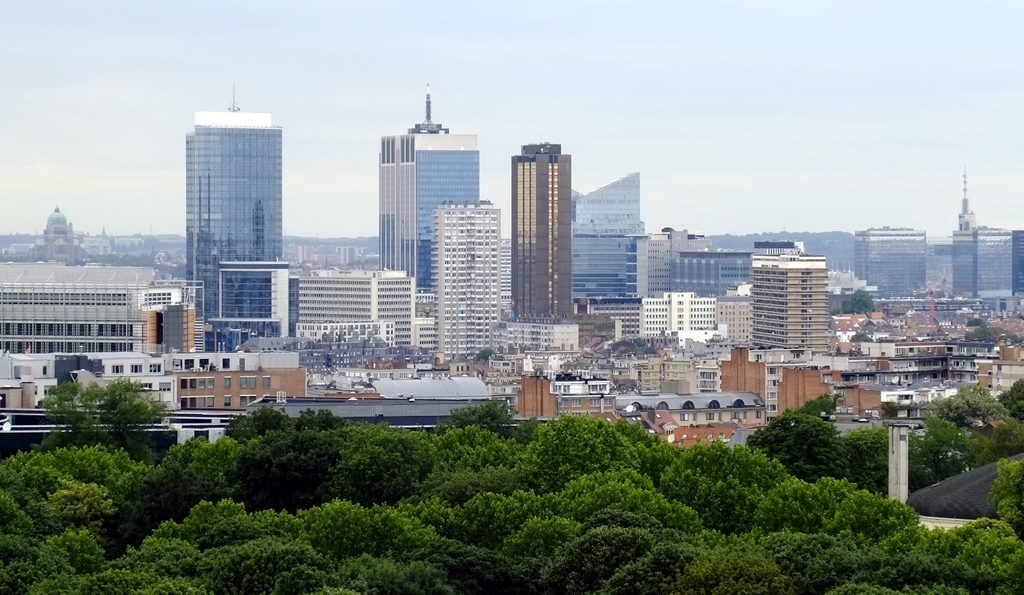The vast majority (84%) of office buildings in Brussels no longer meet the energy standards necessary for Belgium to achieve its net-zero targets by 2050.
A new report by corporate real estate group JLL concludes that just 15%, or 2 million square metres, of office real space in Brussels has earned a BREEAM green certification, the internationally-recognised sustainability indicator. This means that an additional 11 million square metres of offices are uncertified for sustainability.
The report highlights a dire need for office spaces in the capital to be renovated. It also shows that many spaces that previously served as offices might now be more effective for a different purpose. Since 2010, 1.7 million square metres of office space has already been reallocated, with 69% becoming flats.
Brussels has the seventh-largest square meterage of office space in Europe, serving as a hub for major multinational companies and lobbying interests. Since 2010, the supply of offices in the capital has stagnated. New offices are largely offset by the conversion of office buildings into flats, as is the case with Proximus’ iconic towers in the city’s North district.
“The speed of replacement of old stock is slow, as the grade of Grade C non-renovated buildings has increase from 44% in 2010 to 54% in Q1 2023. The share of Grade A newly built or newly refurbished assets has narrowed from 18% to 12%,” JLL warns.
Renovation
Newly renovated or recently built corporate buildings (which are more energy efficient) are typically found just outside the city centre. In the centre of Brussels, half of the offices are more than 15 years old and unrenovated. This raises to 60% just outside the centre and on the outskirts.
Buildings completed within the last 10 years in Brussels are much more energy efficient: 41% of new builds have received a BREEAM Excellent rating. Another 35% have yet to be certified, "which does not mean that energy efficiency is very low, but the landlord of the developer did not ask for certification,” JLL notes.
For the projects envisaged in the next three years, the vast majority have been BREEAM certified. State-owned buildings, however, are lagging behind. All Brussels public buildings have an EPC (energy performance certificate). 78% of these have a B or C ranking. But these ratings are not sufficient for assessing the building's impact on net-zero targets.
“A good EPC rating is clearly an asset but given the inconsistencies between regions and countries, BREEAM certifications are often preferred. Larger projects in the [city centre] increasingly use BREEAM as a benchmark.”
Related News
- NextGenerationEU: So far so good in the recovery plan for Europe
- Global energy sector falling well short of zero emissions targets
The report is clear: Brussels has great potential to reduce emissions, either through refurbishment or repurposing. But to reach European targets, the city must renew its stock of offices at a rate of 420,000 m2 each year.
“Retrofitting existing building stock, whenever possible, will be essential to meet market demand for net-zero,” the report concludes. It adds that “Huge amounts of energy are emitted during construction and so reuse is considered the responsible course of action.”

